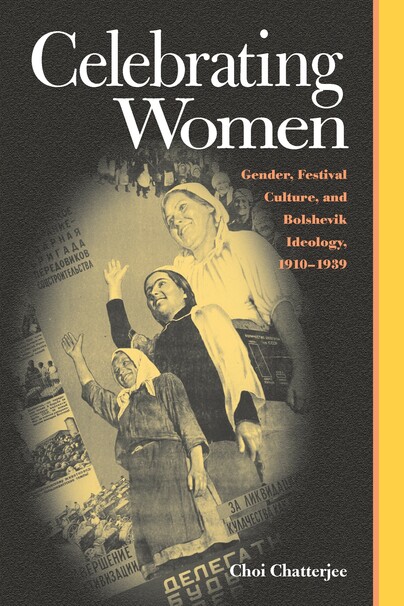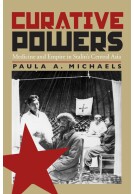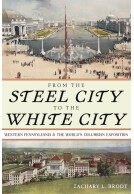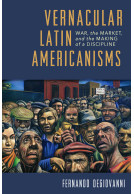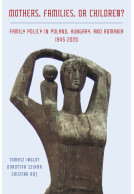Celebrating Women (Paperback)
Gender Festival Culture & Bolshevik Ideology 1910-1939
Imprint: University of Pittsburgh Press
Series: Russian and East European Studies
Pages: 240
ISBN: 9780822961109
Published: 14th April 2002
Script Academic & Professional
Series: Russian and East European Studies
Pages: 240
ISBN: 9780822961109
Published: 14th April 2002
Script Academic & Professional
You'll be £41.00 closer to your next £10.00 credit when you purchase Celebrating Women. What's this?
+£4.99 UK Delivery or free UK delivery if order is over £40
(click here for international delivery rates)
Need a currency converter? Check XE.com for live rates
(click here for international delivery rates)
Need a currency converter? Check XE.com for live rates
The first International Women's Day was celebrated in Copenhagen in 1910 and adopted by the Bolsheviks in 1913 as a means to popularize their political program among factory women in Russia. By 1918, Women's Day had joined May Day and the anniversary of the October Revolution as the most important national holidays on the calendar.Choi Chatterjee analyzes both Bolshevik attitudes towards women and invented state rituals surrounding Women's Day in Russia and the early Soviet Union to demonstrate the ways in which these celebrations were a strategic form of cultural practice that marked the distinctiveness of Soviet civilization, legitimized the Soviet mission for women, and articulated the Soviet construction of gender. Unlike previous scholars who have criticized the Bolsheviks\u2019 for repudiating their initial commitment to Marxist feminism, Chatterjee has discovered considerable continuity in the way that they imagined the ideal woman and her role in a communist society.Through the years, Women's Day celebrations temporarily empowered women as they sang revolutionary songs, acted as strong protagonists in plays, and marched in processions carrying slogans about gender equality. In speeches, state policies, reports, historical sketches, plays, cartoons, and short stories, the passive Russian woman was transformed into an iconic Soviet Woman, one who could survive, improvise, and prevail over the most challenging of circumstances.
Other titles in the series...
Other titles in University of Pittsburgh Press...







